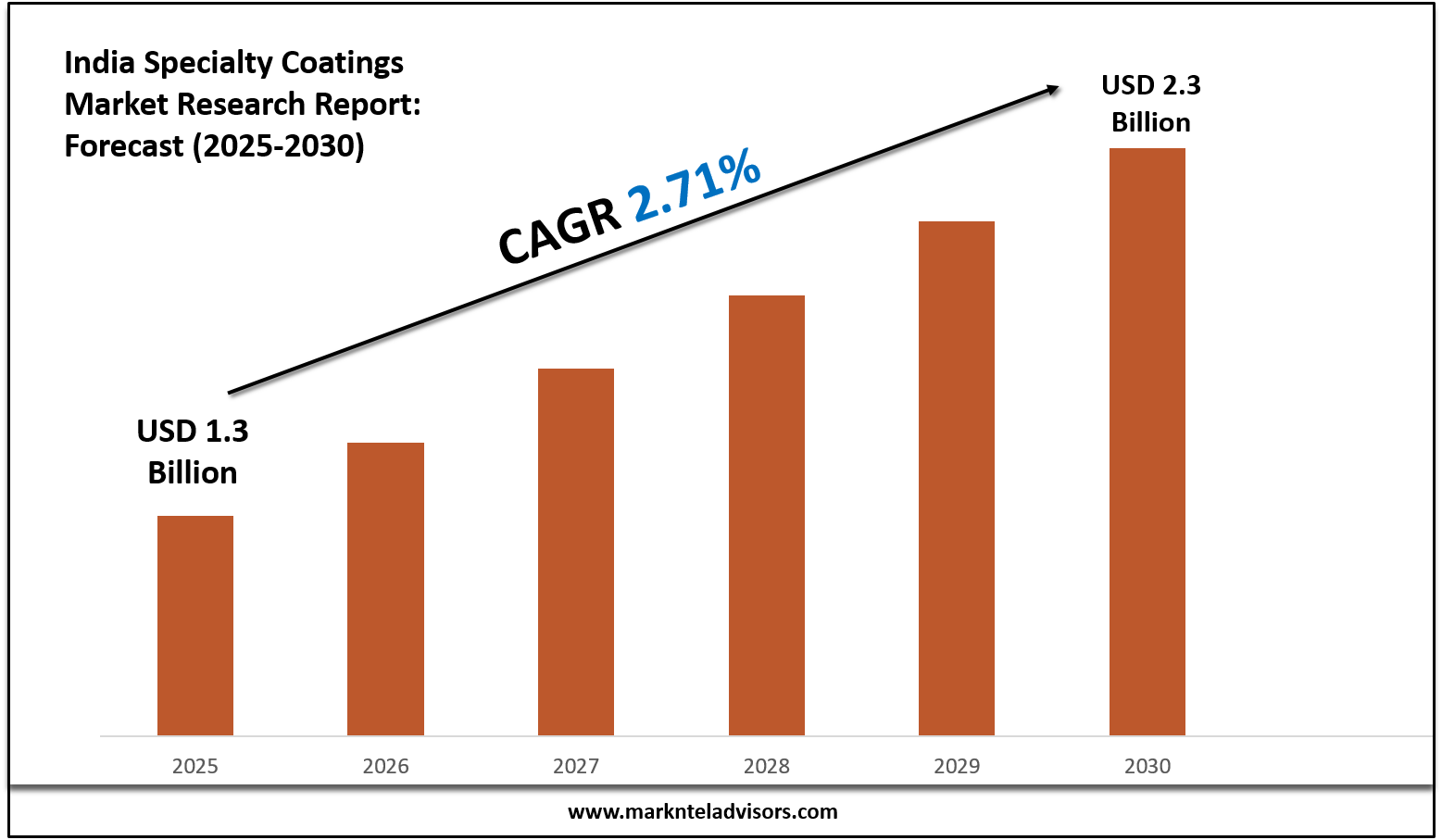How GHG Accounting Enhances ESG Ratings for Malaysian Public Listed Companies

In the landscape of corporate responsibility, numbers speak louder than words. For Malaysian public listed companies, the numbers that are beginning to matter most are those related to their environmental impact. As investors and regulators increasingly focus on sustainability, Environmental, Social, and Governance (ESG) ratings have become a critical measure of a company's long-term viability. A key driver of a strong ESG score is robust Greenhouse Gas (GHG) accounting. This practice of measuring and managing carbon emissions is no longer just a "nice-to-have"; it's a strategic imperative that directly influences investor confidence, regulatory compliance, and market competitiveness.
This article explores the powerful connection between GHG accounting and enhanced ESG ratings for Malaysian public listed companies. We will unpack why tracking your carbon footprint is essential, how it integrates into the broader ESG framework, and the tangible benefits it brings to companies operating within the Malaysian market. Understanding this relationship is the first step toward building a more resilient and sustainable business.
The Foundation: What is GHG Accounting?
GHG accounting is the process of measuring the amount of greenhouse gases an organization produces. Think of it as financial accounting, but for emissions. It provides a structured way for companies to quantify, monitor, report, and verify their carbon footprint. The most widely recognized standard for this is the GHG Protocol, which categorizes emissions into three "scopes."
Understanding the Three Scopes of Emissions
- Scope 1: Direct Emissions: These are emissions that come directly from sources owned or controlled by the company. This includes fuel burned in company vehicles, boilers, and furnaces. For a manufacturing plant, it would be the emissions from its production processes.
- Scope 2: Indirect Emissions from Purchased Energy: These are indirect emissions generated from the purchase of electricity, steam, heating, and cooling. While the emissions don't occur at your facility, they are a direct result of your company's energy consumption.
- Scope 3: All Other Indirect Emissions: This is the most comprehensive and often the most challenging category. It covers all other indirect emissions that occur in a company's value chain. This includes everything from the emissions of suppliers (upstream activities) to the emissions from the use of your products by customers (downstream activities), employee commuting, and business travel.
For Malaysian public listed companies, accurately accounting for all three scopes provides a complete picture of their environmental impact. It moves beyond simple energy-saving measures and forces a deeper look at the entire supply chain, revealing risks and opportunities that might otherwise go unnoticed.
The Link: How GHG Data Fuels Stronger ESG Ratings
ESG ratings are scores that assess a company's performance across a range of environmental, social, and governance criteria. Rating agencies like FTSE Russell, MSCI, and Sustainalytics use this data to help investors evaluate a company's sustainability and ethical impact. The "E" in ESG is where GHG accounting plays a starring role.
Transparency and Credibility
ESG rating agencies place a high value on data-driven transparency. Simply stating a commitment to the environment is not enough. Companies that implement formal GHG accounting demonstrate a serious commitment to managing their environmental impact. This transparent reporting builds credibility and provides raters with the verifiable data they need to make an accurate assessment. A company that can present detailed, audited emissions data across all three scopes is viewed far more favorably than one that offers vague environmental statements.
Risk Management and Mitigation
A thorough GHG inventory is a powerful risk management tool. It helps a company identify its carbon-intensive "hotspots"—areas in its operations or value chain with the highest emissions. This knowledge allows the business to anticipate and prepare for climate-related risks, such as:
- Regulatory Risks: With Malaysia aiming for net-zero emissions by 2050, regulations like carbon taxes or emissions trading schemes are becoming more likely. Companies that have already measured their carbon footprint are better positioned to adapt to new policies and avoid potential penalties.
- Operational Risks: Climate change can disrupt supply chains, increase the cost of raw materials, and impact operations. Understanding Scope 3 emissions helps companies assess the climate resilience of their suppliers and partners.
- Market Risks: Consumers and clients are increasingly favoring sustainable brands. A high carbon footprint can become a reputational liability, leading to a loss of market share.
By demonstrating a proactive approach to identifying and mitigating these risks through GHG accounting, companies signal to ESG raters that they are forward-thinking and resilient.
Strategic Goal Setting and Performance Tracking
You cannot manage what you do not measure. GHG accounting provides the baseline data necessary for setting meaningful, science-based emission reduction targets. These targets are a critical component of any corporate sustainability strategy. ESG rating agencies look for evidence that a company not only reports its emissions but also has a clear plan to reduce them.
A company with a well-defined GHG reduction strategy, supported by regular performance tracking, shows a commitment to continuous improvement. This demonstrates strong governance and a long-term vision for sustainability, which positively influences both the "E" and "G" components of its ESG score.
Specific Benefits for Malaysian Public Listed Companies
For companies listed on Bursa Malaysia, the push for greater sustainability is accelerating. The exchange has enhanced its sustainability reporting requirements, making detailed disclosures more important than ever. Engaging in GHG accounting provides several specific advantages in this context.
Meeting Bursa Malaysia's Enhanced Requirements
Bursa Malaysia's updated listing requirements mandate more comprehensive sustainability reporting. While explicit GHG reporting is not yet mandatory for all, it is considered best practice and is increasingly expected of leading companies. By voluntarily adopting GHG accounting, Malaysian public listed companies can get ahead of future regulations and demonstrate leadership. This proactive stance is often rewarded by ESG raters and investors who see it as a sign of good corporate governance.
Attracting Foreign and Institutional Investment
Global investors are integrating ESG criteria into their investment decisions. Major investment funds and asset managers use ESG ratings to screen for sustainable companies and avoid those with significant environmental risks. Malaysian companies with high ESG ratings, bolstered by strong GHG accounting practices, are more attractive to this growing pool of international capital. Robust emissions data signals that the company is well-managed, forward-looking, and aligned with global sustainability trends, making it a more appealing long-term investment.
Gaining a Competitive Advantage
In a crowded marketplace, sustainability can be a powerful differentiator. Companies that can back up their green claims with hard data stand out from competitors who engage in "greenwashing"—making unsubstantiated environmental claims. This data can be used in marketing to attract environmentally conscious customers and in tendering for contracts with large corporations that have their own supply chain emissions targets (Scope 3). As sustainability becomes a core part of business-to-business relationships, having a clear handle on your carbon footprint is a significant competitive edge.
Uncovering Operational Efficiencies and Cost Savings
The process of GHG accounting often reveals surprising operational inefficiencies. By analyzing energy consumption, waste generation, and supply chain logistics, companies can identify opportunities to reduce resource use and cut costs. For example, a detailed analysis might show that a specific production line is unusually energy-intensive or that a particular logistics route is highly inefficient. Addressing these issues not only lowers emissions but also directly improves the bottom line. This connection between sustainability and financial performance is a compelling story for investors and a key benefit of the accounting process.
The Path Forward: Implementing GHG Accounting
For a Malaysian public listed company looking to begin its GHG accounting journey, the process can be broken down into manageable steps:
- Commitment from Leadership: Secure buy-in from the board and senior management. Frame GHG accounting as a strategic initiative, not just a compliance exercise.
- Define Boundaries: Determine the organizational and operational boundaries for your accounting. Decide which entities, facilities, and activities will be included.
- Data Collection: This is often the most intensive step. Gather data on fuel use, electricity purchases, and other activities across the three scopes. This may involve collecting utility bills, fuel receipts, and surveying suppliers.
- Calculate Emissions: Use established emission factors (e.g., from the Intergovernmental Panel on Climate Change or national databases) to convert your activity data into GHG emissions (measured in tonnes of CO2 equivalent).
- Reporting and Verification: Compile the results into a GHG inventory report. For maximum credibility, consider having the inventory verified by an independent third party.
- Set Targets and Reduce: Use the inventory to identify reduction opportunities, set meaningful targets, and develop a strategy to achieve them.
Conclusion
For Malaysian public listed companies, GHG accounting is much more than an environmental reporting task. It is a fundamental business practice that provides the data-driven foundation for a powerful sustainability strategy. By systematically measuring and managing their carbon footprint, companies can enhance their transparency, improve risk management, and set credible reduction targets.
This commitment directly translates into stronger ESG ratings, which in turn unlocks significant benefits: increased access to investment, compliance with evolving regulations, a sharper competitive edge, and the discovery of cost-saving efficiencies. As Malaysia moves toward a low-carbon economy, companies that embrace GHG accounting today are not just improving their ESG scores—they are building a more resilient, profitable, and sustainable business for tomorrow. The time to act is now.





